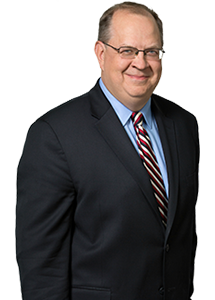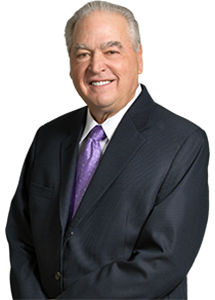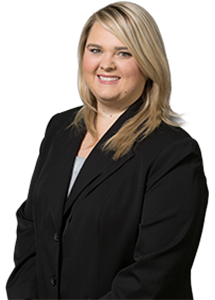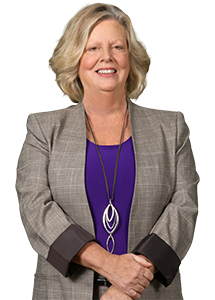A power of appointment is a legal instrument that grants an individual (the “appointee”) the authority to decide how a particular asset or assets will be distributed upon the death of the individual who created the power (the “donor”). The appointee can exercise this power during their lifetime or in their will, and they can direct the asset to be given to any person or entity they choose.
When selecting the type of power of appointment to include in an estate plan, the donor generally has two options: 1) a general power of appointment, or 2) a limited power of appointment.
A general power of appointment allows the appointee to direct the asset to an entity or individual of their choosing without restriction. In contrast, a limited power of appointment restricts the appointee’s choices to a specific group of people or entities.
Powers of appointment can be useful in estate planning for several reasons. First, they provide flexibility in the distribution of assets. The donor can create a power of appointment that allows the appointee to redirect the asset if the original beneficiary is unable to receive it for any reason, such as if they pass away before the donor or if they disclaim their inheritance.
Second, powers of appointment can be used to address changes in circumstances that occur after the estate plan is created. For example, if the donor’s family circumstances change, they can create a power of appointment that allows the appointee to redirect the asset to a different family member or to a charitable organization.
Third, powers of appointment can be used to minimize taxes. By creating a power of appointment, the donor can direct the asset to be distributed in a way that minimizes the tax burden on their estate and the estate of the ultimate beneficiary.
In conclusion, powers of appointment can be a useful tool in estate planning. They provide flexibility, allow for changes in circumstances, and can minimize taxes. However, it is important to work with a qualified estate planning attorney to ensure that powers of appointment are created and implemented correctly to achieve the intended goals. For information on how powers of appointment can be used in an estate plan, contact Attorney Carl D. Holborn at carl.holborn@wilaw.com.











